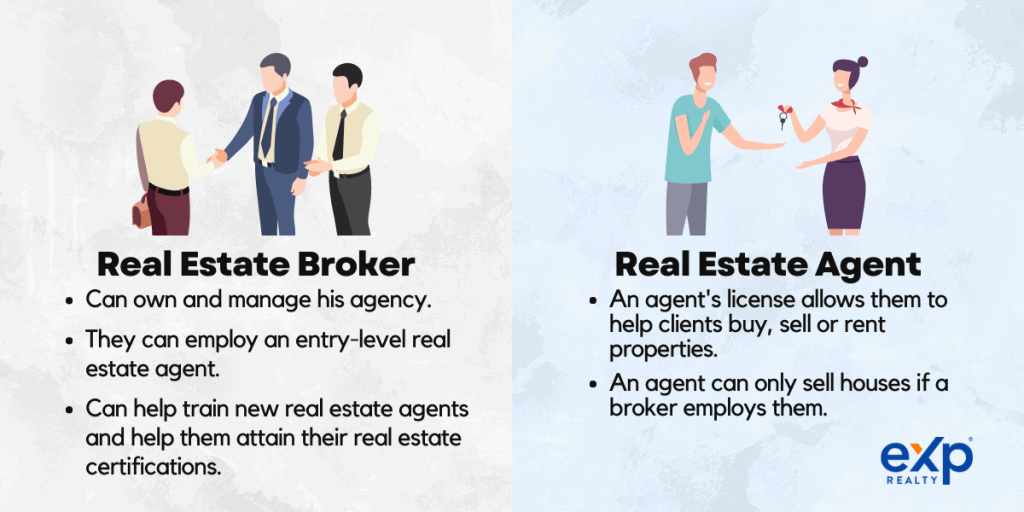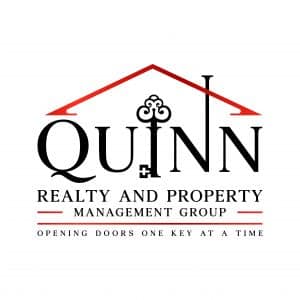Explore Quinn Realty and Property Management for Superior Solutions
Explore Quinn Realty and Property Management for Superior Solutions
Blog Article
Optimizing Home Administration Procedures for Long-Term Productivity and Tenant Retention

Efficient Interaction Approaches
Effective interaction is extremely important in enhancing residential property administration operations. Reliable and clear communication ensures that all stakeholders, consisting of homeowner, tenants, upkeep personnel, and management, get on the same web page, causing smoother operations and enhanced tenant satisfaction. One important element of efficient interaction is setting clear assumptions from the get go. Property supervisors should plainly outline lease terms, upkeep procedures, and communication networks to prevent misconceptions down the line.
Making use of technology can likewise substantially enhance communication effectiveness in building management. Executing residential property monitoring software that allows for real-time updates, automated notices, and simple documents can simplify interaction processes and improve overall operational effectiveness. Furthermore, routine communication with different channels such as email, call, and in-person conferences can assist promote favorable partnerships with occupants and resolve any kind of concerns promptly.
Technology Integration for Maintenance
In the world of property management optimization, a key part that boosts operational efficiency and upkeep processes is the combination of modern technology for streamlining maintenance tasks. By integrating innovation into upkeep procedures, building supervisors can take advantage of improved work order monitoring, aggressive maintenance scheduling, and boosted interaction with maintenance groups and lessees.
One considerable advantage of modern technology assimilation in upkeep is the capability to systematize job orders and track maintenance requests digitally. This improves the process of obtaining, assigning, and completing upkeep tasks, resulting in quicker reaction times and enhanced lessee contentment. Additionally, predictive upkeep innovations can help in recognizing prospective concerns prior to they rise, decreasing the chance of expensive repairs and decreasing downtime.

Data-Driven Choice Making
Using data-driven insights encourages building supervisors to make informed choices that maximize operational effectiveness and maximize property efficiency. Quinn Realty and Property Management. By leveraging data analytics devices and technologies, residential property managers can extract valuable details from different sources such as renter feedback, upkeep documents, and market trends. This data can give important understandings right into lessee choices, functional bottlenecks, and cost-saving opportunities
Data-driven decision-making makes it possible for residential or commercial property supervisors to recognize patterns and patterns that might not be obvious with traditional observation. For instance, evaluating upkeep data may disclose recurring issues in specific devices, permitting supervisors to proactively deal with underlying problems and avoid future pricey repair work. By keeping an eye on renter fulfillment metrics and lease renewal prices, property supervisors can customize their solutions to satisfy tenant assumptions, ultimately boosting occupant retention and long-term earnings.
In addition, data-driven insights can also inform critical financial investment choices by highlighting locations for renovation or growth based on market need and performance metrics. On the whole, incorporating data-driven decision-making procedures right into home administration procedures can lead to more effective source allotment, boosted occupant fulfillment, and boosted productivity in the long run.
Tenant Contentment Initiatives
Drawing understandings from data-driven decision-making, residential property supervisors can implement targeted tenant complete satisfaction initiatives to boost general leasing experiences and foster long-lasting lessee partnerships. By comprehending lessee preferences and discomfort points, building managers can tailor their services to satisfy the particular needs of their lessees, eventually causing greater fulfillment levels and increased occupant retention prices.
One reliable tenant complete satisfaction effort is to develop clear lines of communication with lessees to attend to any type of concerns without delay. Normal responses studies can likewise provide beneficial understandings right into renter fulfillment degrees and areas for improvement. Building managers can utilize this responses to make essential adjustments and show occupants that their point of views are valued.

Additionally, arranging neighborhood occasions and facilities that deal with the rate of interests of lessees can create a sense of belonging and boost general contentment. By cultivating a positive and appealing area environment, residential or commercial property managers reference can reinforce occupant relationships and motivate lasting leases, eventually enhancing productivity and occupant retention over time.
Improving Operational Processes
Performance is extremely important in home management, necessitating the optimization of operational procedures to improve productivity and make the most of sources. Enhancing functional procedures includes determining locations for enhancement, eliminating redundancies, and implementing systems that boost general performance. One essential aspect of enhancing operational procedures is the assimilation of modern technology solutions such as home management software application, which can automate jobs, simplify interaction, and offer real-time data understandings. By digitizing processes like maintenance demands, rent collection, and lease revivals, home managers can save time, lower mistakes, and improve occupant complete satisfaction.
Moreover, implementing standard treatments and workflows can assist create consistency across properties, reduce confusion, and enhance day-to-day operations. Consistently reviewing and maximizing these processes Continued is vital to adapt to changing market problems, occupant requirements, and regulatory requirements. By continually seeking means to enhance operational procedures, residential or commercial property managers can not only enhance their very own performance but additionally provide much better solutions to renters, ultimately resulting in long-term earnings and renter retention.
Verdict
To conclude, maximizing property administration operations with efficient communication, modern technology assimilation, data-driven choice making, renter fulfillment initiatives, and improving processes is crucial for long-lasting profitability and renter retention. By carrying out these techniques, property supervisors can enhance functional effectiveness, reduce expenses, and improve lessee satisfaction, eventually leading to increased profitability and tenant loyalty. It is critical for residential or commercial property administration firms to constantly assess and change directory their operations to satisfy the developing needs of both occupants and the market.
Clear and reliable communication ensures that all stakeholders, consisting of home proprietors, tenants, maintenance staff, and monitoring, are on the same page, leading to smoother operations and increased lessee complete satisfaction - Quinn Realty and Property Management. By keeping track of tenant satisfaction metrics and lease renewal prices, property managers can customize their solutions to fulfill occupant expectations, inevitably boosting tenant retention and long-lasting earnings
By continuously looking for ways to simplify operational procedures, home supervisors can not just boost their own effectiveness yet additionally provide far better services to tenants, inevitably leading to long-term earnings and occupant retention.
In verdict, enhancing residential or commercial property management procedures through efficient communication, innovation integration, data-driven decision making, tenant complete satisfaction efforts, and enhancing processes is important for long-lasting success and occupant retention (Quinn Realty and Property Management). By applying these methods, residential property supervisors can enhance operational effectiveness, decrease expenses, and enhance occupant complete satisfaction, inevitably leading to boosted productivity and renter commitment
Report this page